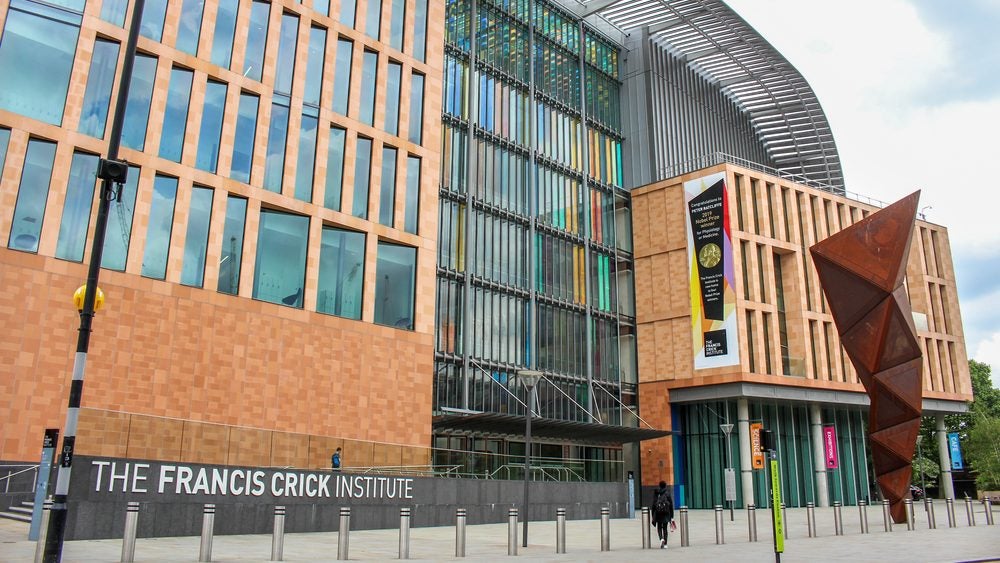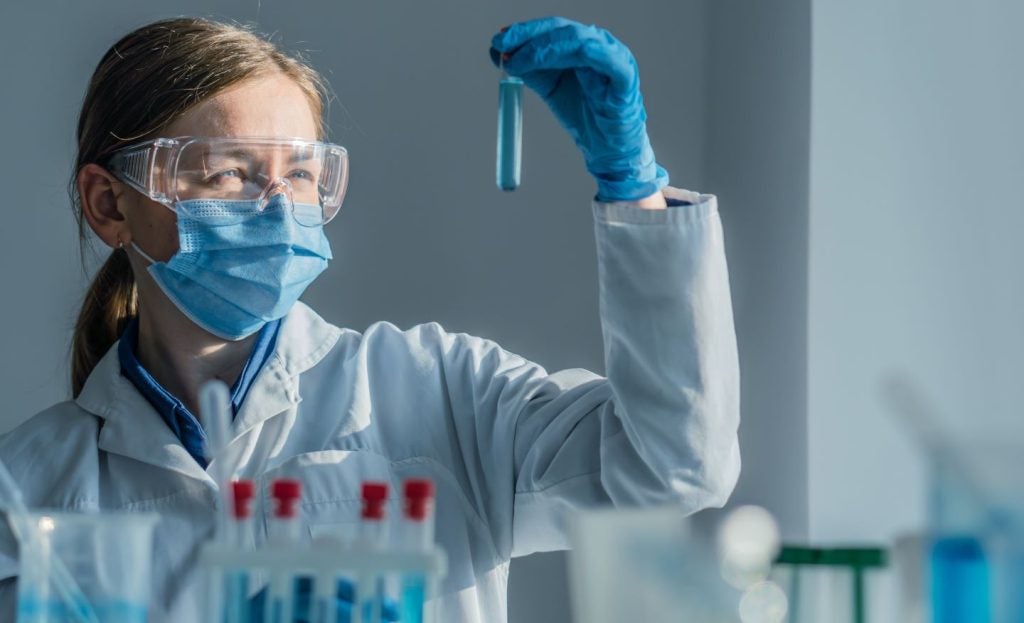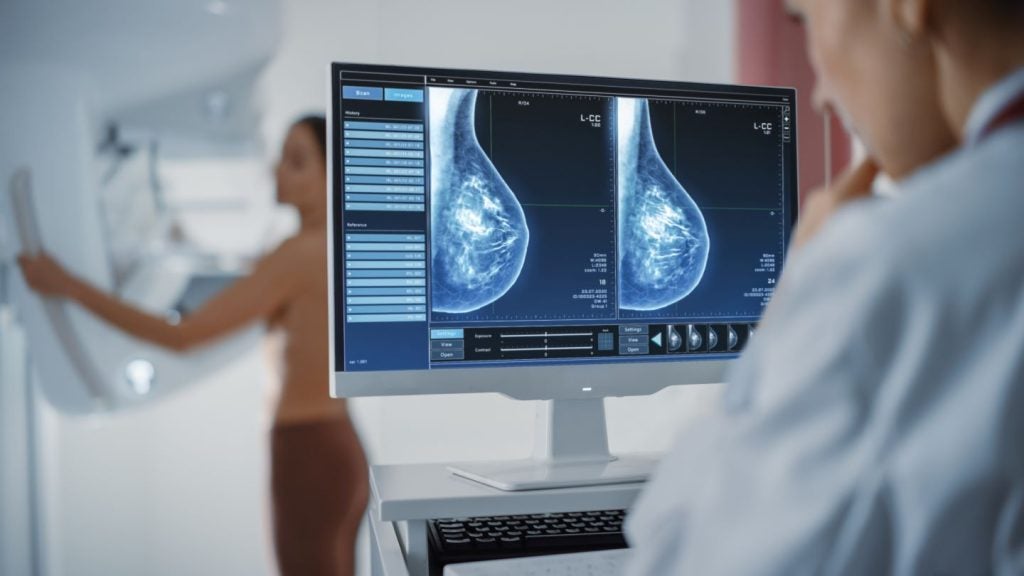BioVersys and GSK have announced the expansion of their strategic partnership to expedite the clinical development of alpibectir (BVL-GSK098) to treat tuberculosis (TB).
A small molecule, alpibectir is currently undergoing a Phase IIa proof-of-concept clinical trial in South Africa, targeting pulmonary TB patients.
The compound is being evaluated along with ethionamide (Eto) and represents a new approach to overcome resistance and enhance the efficacy of existing antibiotics.
Alpibectir has been developed through a public-private partnership involving GSK, the Pasteur Institute Lille and the University of Lille.
The new partnership between GSK and BioVersys builds on an existing deal to execute the ongoing Phase IIa study.
The companies now plan to develop alpibectir for pulmonary TB and TB meningitis indications to offer treatment as swiftly as possible.
GSK has also invested in BioVersys under the expanded deal during its latest Series C funding round.
BioVersys has secured SFr12.3m ($13.5m) in investment from GSK and additional funds from both existing and new investors.
The company previously raised SFr44.9m in a Series C financing round.
The funding will aid in the continued clinical development of BioVersys' portfolio, which includes BV100, a hospital antibiotic targeting the drug-resistant bacterial pathogen Acinetobacter baumannii.
BioVersys CEO and founder Dr Marc Gitzinger stated: “We are very pleased to announce both the expansion of our highly successful strategic collaboration with GSK and our partner’s participation in our latest financing round.
“Together with GSK, we successfully advanced the development of alpibectir for TB, having recently completed the TRIC-TB public-private partnership programme with the delivery of a Phase II-ready anti-TB molecule.
“We look forward to further expanding this collaboration with GSK beyond our ongoing Phase IIa evaluation of alpibectir, as we seek to deliver a new treatment regimen for TB, a disease that poses a serious threat to public health worldwide and which is severely underserved by current therapies.”















